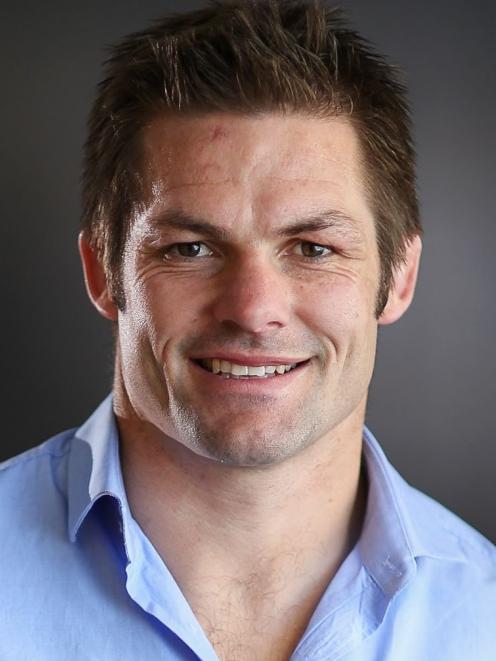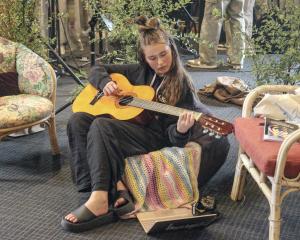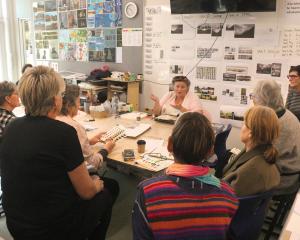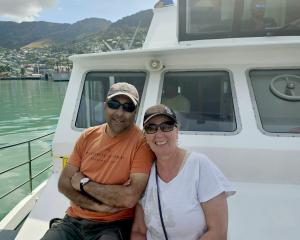
Mr McCaw, through his company Romeo Mike Investments Ltd, owns 24.33% of Camp Hill Rd Ltd which has applied for consent to subdivide 44.22ha of rural general land.
Multisport athlete Braden Currie and his wife Sally are also shareholders, with 24.33%, and other shareholders are Adam and Sarah Fairmaid, of Wanaka, and David and Deanne Hannan and Donald Faulkner, of Auckland.
The company’s application was heard by Queenstown Lakes District Council independent commissioners Jane Taylor and Jane Sinclair, in Wanaka yesterday.
The application describes the land as mostly "unkempt" and "ecologically degraded" and previously used for forestry.
The development would create nine freehold "rural-living allotments" and one 19.72ha allotment with shared ownership.
The large allotment would have a 240sq m, 30kW solar photovoltaic array, charging a centralised battery bank, and a back-up diesel generator.
While the system could be connected to the grid, the company submitted an off-grid independent model was considered "the most reliable and sustainable electrical solution".
"The proposal ... offers an ideal opportunity to develop and present an exemplar community development that would demonstrate total energy independence, self-sufficiency and best practice building efficiencies."
The Upper Clutha Environmental Society has opposed the development.
In its written submission, the society said the Environment Court had shown concern at the cumulative effects of development in the Upper Clutha’s rural landscape.
It noted the council was in the process of addressing the issue through its district plan review.
"It is difficult to see how consent can be granted to random subdivisions such as the one proposed while the process of correcting the fundamental weakness of the district plan provisions ... is in train."
Council senior planner Sarah Gathercole recommended the application be refused because the adverse effects on the rural landscape would be more than minor and inappropriate.













